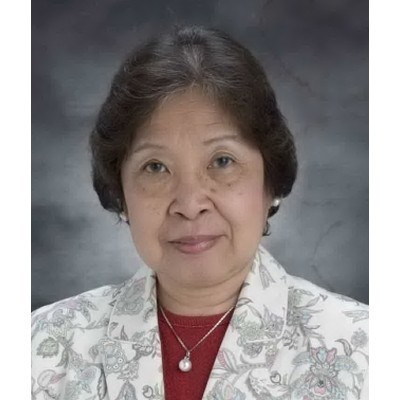Not Logged In
[Webex] You need to be logged in, be a member, and get a ticket to attend this session.
Keynote Literacy, Media and Multimodality Keynote Speech (60 min)
Content Area Reading for Beginners
Discussions on content area reading proliferate in the literature. Similar topics like academic literacy, disciplinary literacy, efferent reading, all akin to reading in the content area, provide classroom practitioners rich sources in their instructional concerns. Interest in the topic points to a belief embraced by many, i.e. reading as a major gateway to lifelong learning. Reading to learn is inevitably linked with content area reading, aimed at helping learners to be grounded on "knowledge of the world by being able to read the word." The significance of being literate vis-a-vis the demands of a knowledge-based society in an information age is a given and there is no way out than to cope with the demands. Hence, not a few literacy scholars recommend a strong foundation in early literacy where the young will be reading for meaning early on. The idea however should not be misinterpreted as violative of a long time guideline for many teachers that reflect a sequence-sensitive practice in reading instruction in setting goals: first, learn to read and then read to learn. This presentation explores ideas on how instructional activities for beginners aimed at learning to read (which focus on the more mechanical aspects of handling print language like phonemics, phonics, etc.) can be creatively harmonized in the "reading to learn" component. Teachers may find the practices a good try notwithstanding certain predictable tensions/challenges that may emerge along the way. With reading to learn as the overarching goal of literacy instruction, blending early instruction on mechanical skills with relevant content that even simultaneously familiarizes learners, (serendipitously or through explicit instruction) with different genres, text types, and other linguistic devices used by authors in crafting their works is worth looking into. Since content area reading is reading for meaning, learners also get exposed to comprehending processes needed for effective comprehension - the essence of reading. With the foundational skills, hopefully young learners polish their skills through the years, discover the magic of meaningful reading, address problems in their knowledge gaps or inadequate prior knowledge that is necessary as they go through more complex content area reading.
-

Dr. Angelita Romero is former vice president for academics, department head of the reading and literacy department, dean of the college of education, and professor in the graduate school of Philippine Normal University. She has an MA in English language teaching, PhD in applied linguistics, language teaching certificate, and postgraduate degree in reading and language education. Her involvement with the International Literacy Association includes: membership of a group that conceptualized the first professional standards for reading professionals; editorial board member of “The Reading Teacher” journal; country representative to IRA/ILA International Development Committee for Asia; and chapter adviser/founder of Alpha Upsilon. Under her presidency, the Reading Association of the Philippines hosted a world congress in reading. She is also a textbook writer, editor, and consultant. At present, she is a guest faculty in the school of graduate studies of Angeles University Foundation.